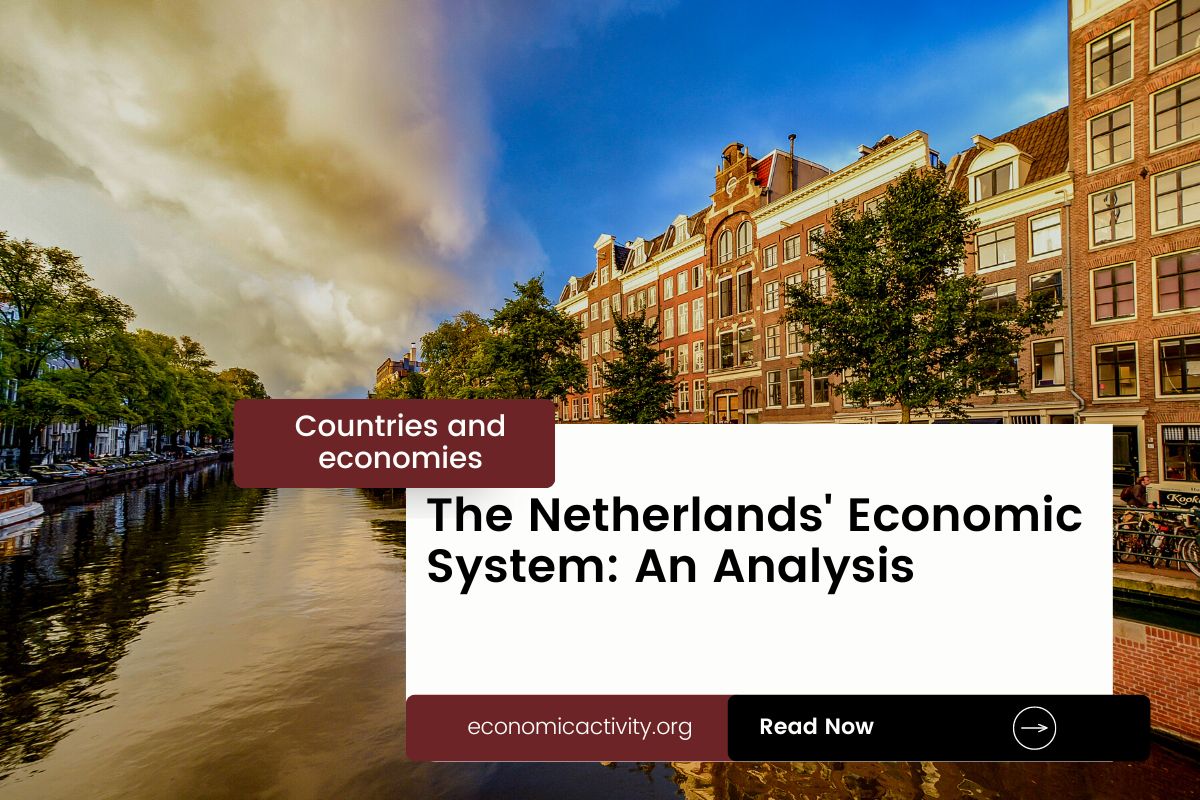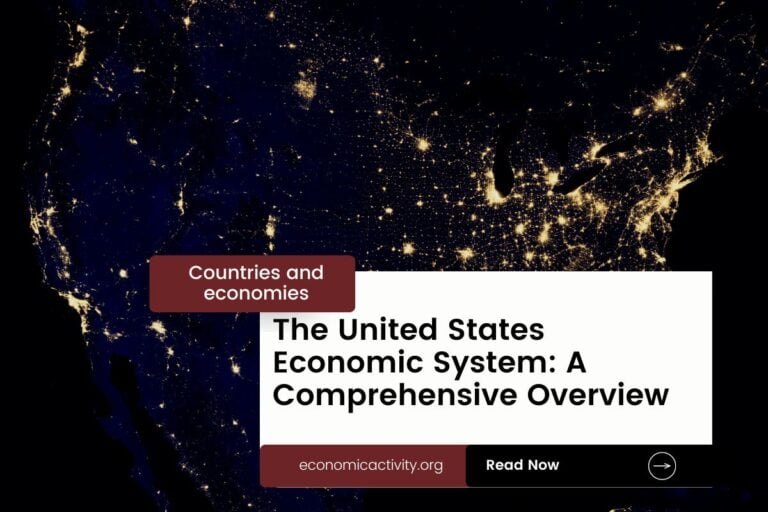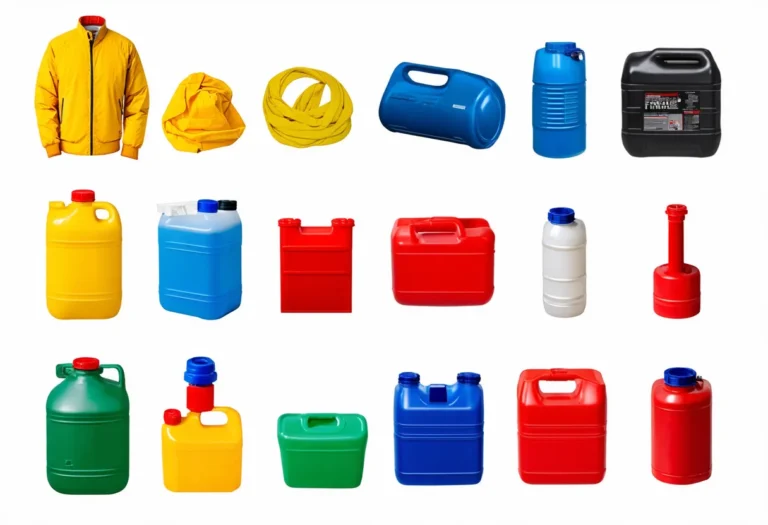What is the economic system of the Netherlands? The economy of the Netherlands is based on a mixed economy, that resembles a market economy. The country’s economic system combines elements of a market economy and a planned economy, individuals are free to work, produce, consume, and invest in any way they please.
The Netherlands has a highly diversified economy with a focus on agriculture, manufacturing, and services. It is a major exporter of goods such as machinery, chemicals, and food products.
In the Netherlands, the economy is composed of a private sector, consisting of individuals and businesses that make autonomous decisions based on self-interest, and a public sector, where the state determines the production and distribution of certain goods and services. No country is purely capitalist or purely communist.
What do the freedom indexes tell about the economic system of the Netherlands?
Now, to determine if a country is mostly a market economy or a planned economy, it is useful to examine some economic indexes. For instance, according to the 2022 Index of Economic Freedom, which measures the ability of every human to control his own labor and property, the Netherlands is ranked 8th globally and 5th in Europe indicating that the country has a mostly free economy.
In a similar way, the 2022 Freedom House index evaluates the state of political rights and civil liberties globally. Generally, market economies tend to align more with democracy and freedom, while command economies tend to be characterized by greater state control and fewer democratic and civil liberty protections. The Netherlands gets a score of 97/100, which qualifies it as Free. The Netherlands is a country where the government does not control what people do for political reasons, and people have the freedom to choose (what, how much, and how to produce, whether to buy or not, selling price, etc.)
The Link Between Public Sector Employment and the Economic System of the Netherlands
An indicator of the extent to which the State is involved in the economy is the number of public sector employees. In the Netherlands, according to ILOSTAT, the number of public sector employees as a percentage of the total workforce is 19.9% (2019).
In the country, the public sector tends to be small and efficient. As a result, the number of public sector employees as a percentage of the total workforce is low compared to other countries.
What do the biggest companies in the Netherlands say about the country’s economic system?
The biggest company in the Netherlands should also be looked at, as well as whether it is a state-owned or private company. In this case, Royal Dutch Shell is an oil and gas company from the Netherlands, operating in over 70 countries worldwide. The company is owned by two parent companies, NV Koninklijke Nederlandse Petroleum Maatschappij (Royal Dutch Petroleum Company Ltd.) of The Hague and Shell Transport and Trading Company, PLC, of London.
The Netherlands has a diverse economy with key private-sector industries including agriculture, manufacturing, and services. Public industries include healthcare, education, security and transportation.
More: Top 10 Biggest companies by revenue in Netherlands
The historical factors that have influenced the economic system of the Netherlands
The Netherlands has experienced a shift from a largely agrarian economy to a modern, mixed economy in the last century. This shift was driven by a combination of factors, including increased global trade, technological advances, and government policies.
These factors have allowed the Netherlands to become a major player in the global economy, with a strong focus on services, manufacturing, and technology.




Leave a Reply